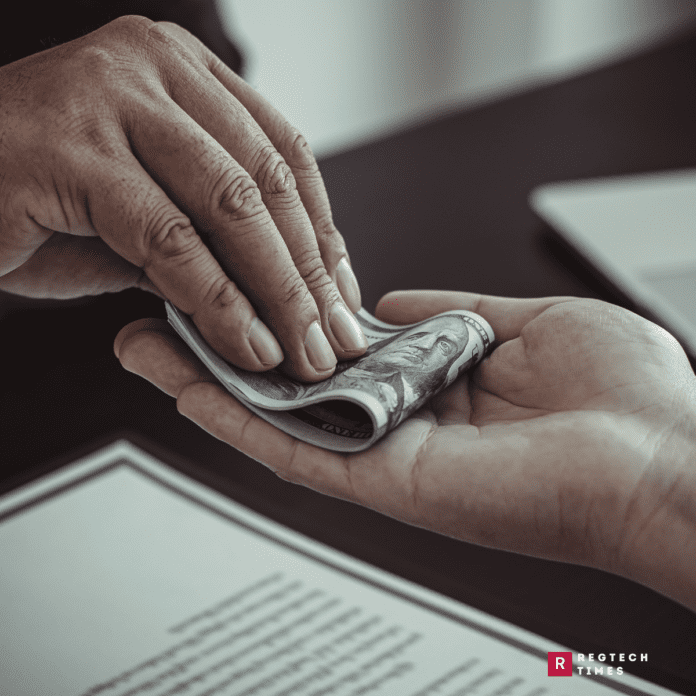The political landscape of Singapore has been rocked by the momentous news that former Transport Minister S Iswaran, a powerful politician with extensive ties to the city-state’s government, is at the centre of a growing corruption investigation. A significant development occurred on Monday when Iswaran, who was already facing 27 counts, received eight more accusations of corruption, bringing the total number of charges against him to an extraordinary 35.
This case is developing as Singapore deals with its most significant political corruption investigation in decades, including a major member of the ruling People’s Action Party (PAP).
A mainstay of Singaporean politics, S Iswaran has held a number of distinguished ministerial positions. He most recently held the positions of Minister for Transport from 2021 until his departure in January 2024 and Minister-in-charge of Trade Relations from 2018 to 2024. His two decades of service as a member of parliament for West Coast GRC were abruptly ended when he resigned from the PAP and all political positions due to corruption charges.
Section 165 of the Penal Code is the latest allegation levied against Iswaran. It alleges that he obtained expensive goods from Lum Kok Seng, a businessman connected to the Land Transport Authority (LTA) through Lum Chang Building Contractors, including golf clubs, whiskey, and a Brompton bicycle. It is alleged that Iswaran got these gifts, which total roughly SGD 18,956.94 ($14,080), in connection with his official duties as Transport Minister. Specifically, the gifts are related to the T315 contract for infrastructure improvements at Tanah Merah Station.
The thoroughness with which Singapore’s Corrupt Practices Probe Bureau (CPIB) has conducted its probe demonstrates the city-state’s steadfast opposition to corruption.
Prior accusations against S Iswaran concerned exchanges with Malaysian billionaire Ong Beng Seng, a prominent player in Singapore’s entertainment and sports landscape, particularly in relation to the Singapore Grand Prix. These accusations presented a narrative that calls into question Singapore’s standing as a transparent and ethically sound nation, depicting a convoluted network of influence and gifts given in exchange for possible favours.
Given Singapore’s reputation for tolerating little corruption, this case is a unique blot on the political scene there. The city-state’s ranking in the 2023 Transparency International Corruption Perceptions Index shows that it continuously ranks among the least corrupt nations in the world. The S Iswaran affair may be the biggest political corruption case in Singaporean history since it brings to mind the 1986 case involving Teh Cheang Wan, the Minister for National Development at the time.
This case has repercussions that go beyond S Iswaran’s legal concerns. They raise important concerns regarding the supervision and governance processes of one of the most effective bureaucracies in the world. Singapore is known for its stringent judicial system and open administrative procedures, thus the events surrounding Iswaran will be widely followed both at home and abroad.
The resolution of this well-known case might have a significant impact on Singapore’s political climate going forward and force a more thorough examination of the measures in place to prevent corruption at the highest levels of government.


